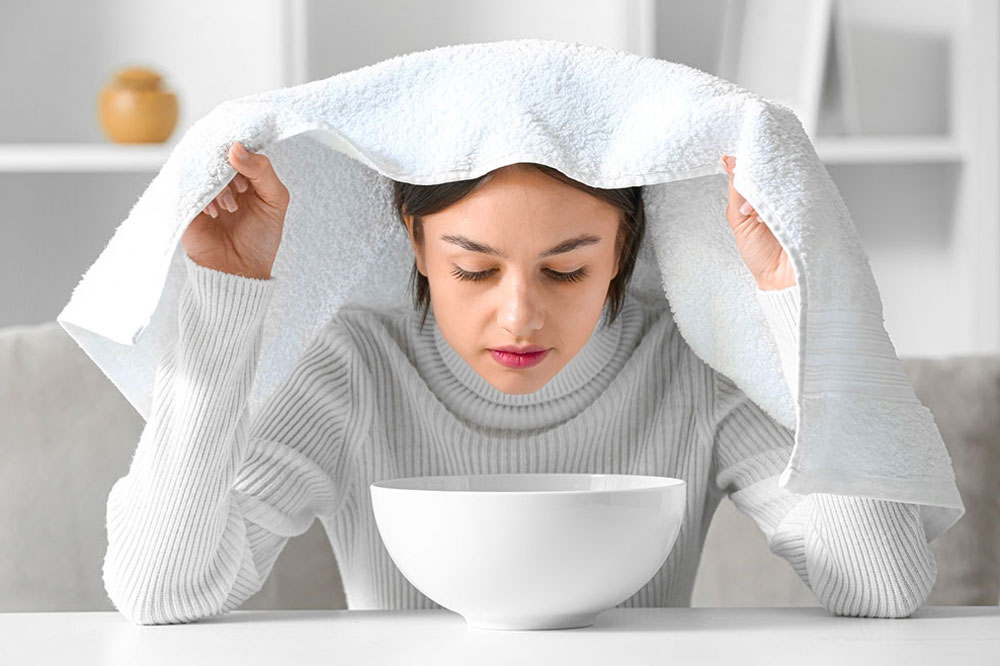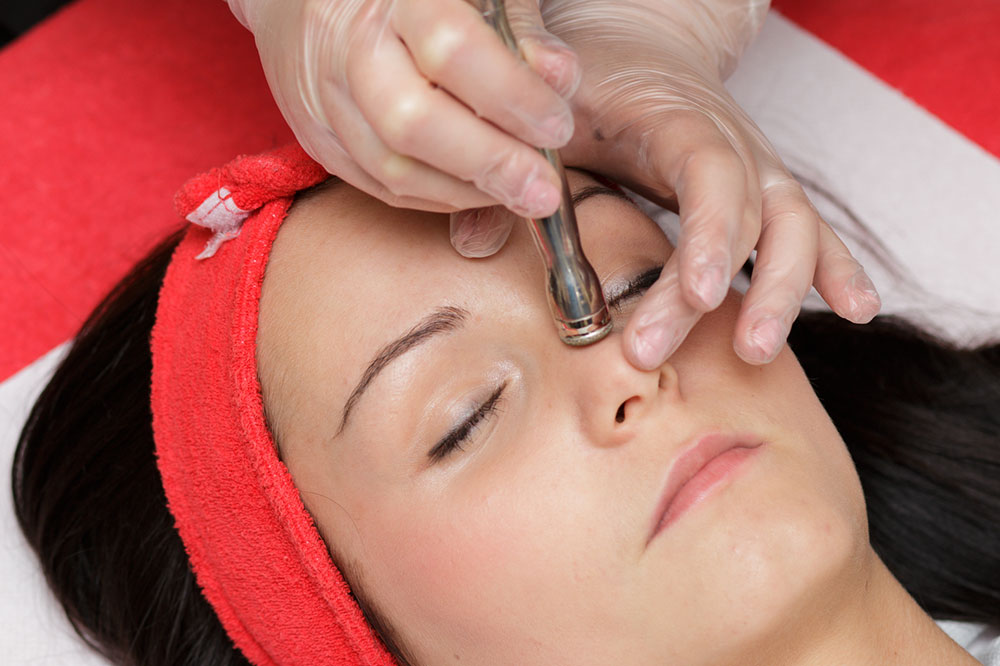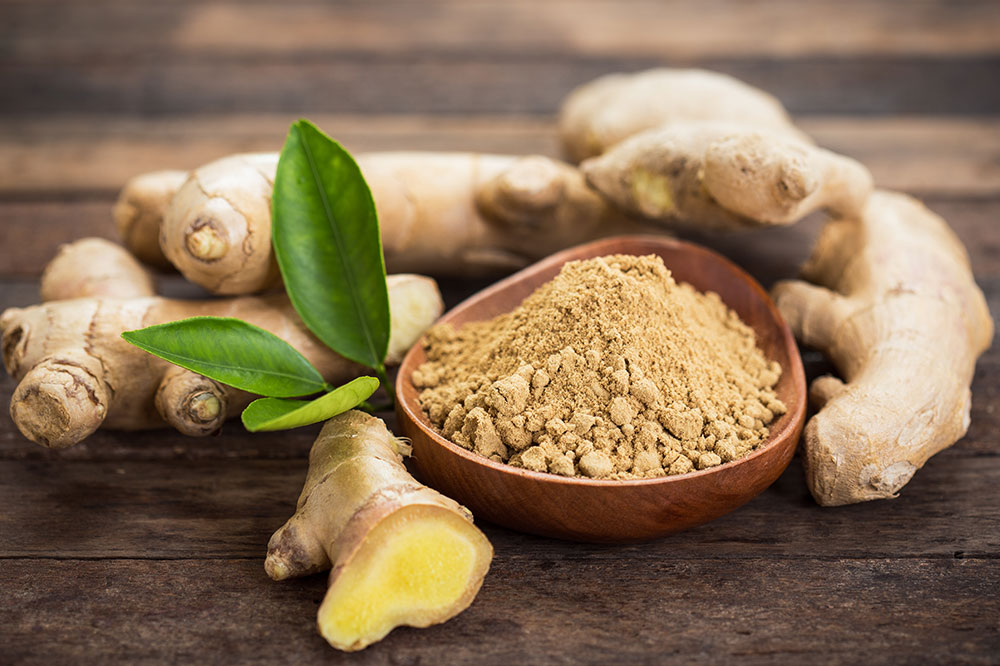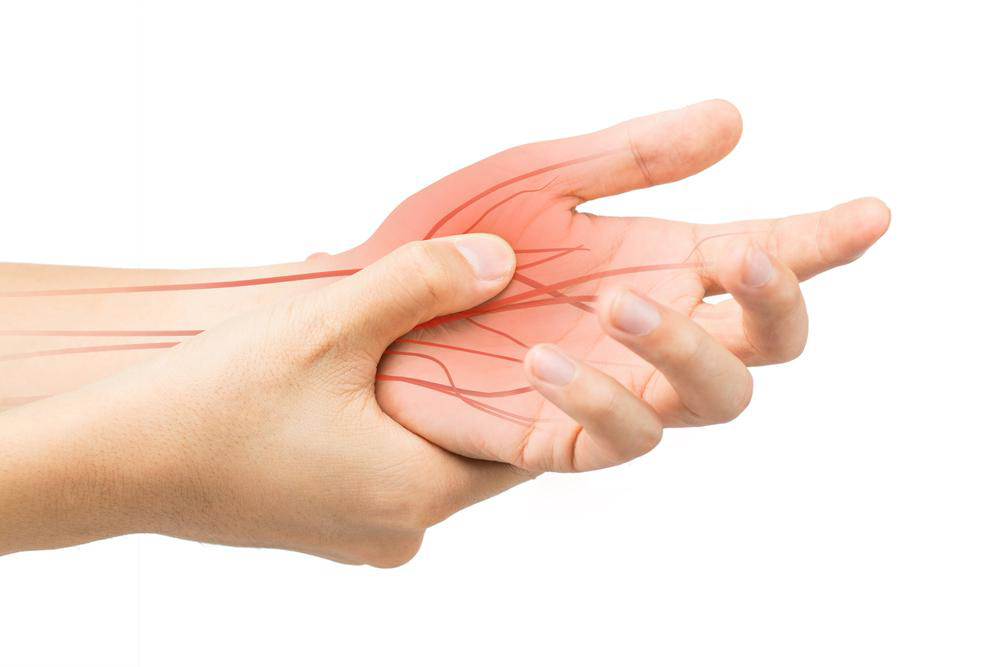Natural Remedies to Alleviate Nasal Polyps and Improve Nasal Health
Discover effective natural remedies to relieve nasal polyps, including steam therapy, turmeric, cayenne pepper, tea tree oil, pineapple core, and garlic. Learn how these holistic approaches can help reduce inflammation, improve breathing, and support sinus health naturally. Suitable for those seeking non-surgical solutions, this comprehensive guide offers practical tips backed by natural healing principles to manage nasal polyps effectively.

Holistic Natural Strategies for Managing Nasal Polyps
Nasal polyps are noncancerous growths that occur within the nasal passages and sinuses, often leading to symptoms such as persistent congestion, frequent sneezing, and difficulty breathing. These growths can vary in size and number, and while they are commonly associated with allergies, sinus infections, and chronic inflammation, many individuals seek non-surgical solutions to manage their symptoms effectively. Fortunately, a variety of natural remedies can provide relief, support nasal health, and potentially reduce the size or discomfort caused by nasal polyps. This comprehensive guide explores evidence-based natural treatments and lifestyle modifications that can help improve nasal passages healthily and safely.
Steam Therapy: Moisturizing and Decongesting
One of the simplest and most effective natural remedies for nasal polyps is steam therapy. Inhaling warm steam helps loosen thick mucus secretions, reduces swelling inside the nasal passages, and enhances airflow. This method can be easily incorporated into daily routine by taking a hot shower or creating a steam inhalation at home. To do this, boil water and pour it into a large bowl, then lean over the bowl with a towel draped over your head, ensuring a closed environment to trap the steam. Breathe deeply through your nose for about 10-15 minutes. Regular steam inhalation can help alleviate nasal congestion, reduce inflammation, and promote sinus drainage, providing noticeable relief from nasal polyps' symptoms. Be cautious with the temperature of the steam to avoid burns.
Turmeric: Nature's Anti-Inflammatory Agent
Turmeric, a vibrant yellow spice widely used in Indian cuisine, contains a potent compound called curcumin, renowned for its powerful anti-inflammatory, antioxidant, and immune-boosting properties. Chronic inflammation often contributes to the development and persistence of nasal polyps. Incorporating turmeric into your daily diet may help reduce inflammation in the nasal tissues. You can prepare turmeric tea by simmering turmeric powder in hot water, adding a touch of honey and lemon for taste. Alternatively, sprinkle turmeric over curries, soups, or blend it into smoothies. Consistent use of turmeric can assist in decreasing airway inflammation, easing symptoms such as congestion, and supporting overall sinus health. For better absorption, consider pairing turmeric with black pepper or taking it as a supplement after consulting a healthcare professional.
Cayenne Pepper: Spicy Support for Nasal Cleansing
Cayenne pepper is known for its active component capsaicin, which stimulates mucus production and helps clear clogged nasal passages. Consuming spicy foods containing cayenne or adding cayenne powder to meals can promote mucus drainage from the sinuses, reducing pressure and congestion associated with nasal polyps. Additionally, capsaicin may temporarily desensitize nerve fibers involved in the sensation of nasal blockage, providing relief from irritation. However, individuals with sensitive stomachs or certain gastrointestinal conditions should moderate intake. Regular consumption of spicy dishes can bolster immune activity and help maintain clear nasal passages, which is crucial in managing polyps.
Tea Tree Oil: Natural Anti-Inflammatory and Antimicrobial
Tea tree oil possesses notable antimicrobial, anti-inflammatory, and decongestant properties. When diluted properly with a carrier oil—such as coconut or olive oil—it can be applied topically or used in steam inhalation to soothe nasal inflammation. To use as a nasal spray, add a few drops of diluted tea tree oil to water and gently inhale the vapors. This method can reduce inflammation, help eliminate microbial pathogens, and provide relief from itching and irritation caused by nasal polyps. It is critical to ensure the oil is fully diluted before use; undiluted tea tree oil can cause mucosal irritation. Always perform a patch test before applying any essential oil topically and consult a healthcare professional if unsure about usage.
Pineapple Core: Rich in Bromelain for Sinus Relief
Pineapple is not only delicious but also beneficial for sinus health due to its high bromelain enzyme content. Bromelain exhibits anti-inflammatory, mucolytic, and immune-boosting properties. Consuming pineapple core, which contains concentrated bromelain, can help reduce swelling in inflamed nasal tissues and fight sinus infections that often accompany nasal polyps. Adding chopped pineapple core to smoothies, fruit salads, or juicing it provides an easy and natural way to harness these benefits. Regular intake may help improve sinus drainage, decrease mucus build-up, and alleviate discomfort caused by nasal polyps.
Garlic: Immune-Boosting Antimicrobial Support
Garlic has been used traditionally as a natural remedy for respiratory conditions due to its potent antimicrobial, antiviral, and anti-inflammatory effects. The active compound allicin found in raw garlic helps combat pathogens that may contribute to sinus infections and polyp growth. Incorporating raw garlic into meals, such as salads, dressings, or eaten directly, can help strengthen immune defenses and reduce ongoing inflammation. For enhanced benefits, some prefer to crush and let garlic sit for a few minutes before consuming to activate allicin. Consistent garlic consumption supports overall nasal health and can aid in relieving symptoms related to nasal polyps.
In addition to natural remedies, maintaining a healthy lifestyle—such as staying hydrated, avoiding allergens, managing stress, and practicing good nasal hygiene—can significantly impact nasal condition and polyp management. While these natural approaches may not completely eliminate nasal polyps, they can be effective in reducing discomfort, improving breathing, and supporting sinus health. Always consult with a healthcare provider before beginning any new treatment regimen, especially if you have underlying health conditions or are on medication. Combining natural remedies with medical advice can provide comprehensive relief and improve quality of life for individuals suffering from nasal polyps.





